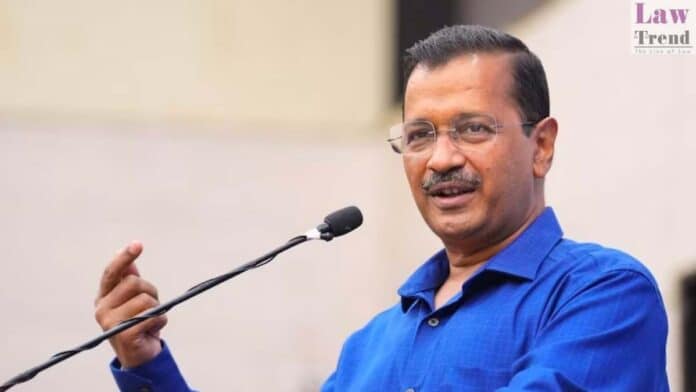In a recent development within the excise policy corruption case, a Delhi court has granted bail to Aam Aadmi Party (AAP) leader Durgesh Pathak. Concurrently, Special Judge Kaveri Baweja ordered the extension of Delhi Chief Minister Arvind Kejriwal’s judicial custody until September 25.
The case centers on allegations tied to an excise policy scam, with the Central Bureau of Investigation (CBI) recently submitting a supplementary charge sheet that implicates the Chief Minister and other accused. This follows a series of legal proceedings that have captivated public attention, highlighting significant governance and legal issues.
While Durgesh Pathak has secured bail, the situation remains precarious for Chief Minister Kejriwal. His legal challenges continue as the Supreme Court has yet to deliver a judgment on his plea, which contests his arrest and seeks bail. This plea by Kejriwal emphasizes the high-stakes nature of the allegations and the political ramifications they entail.
The extended custody of the Chief Minister and the granting of bail to a prominent party member underscore the complex and multifaceted nature of the case, as judicial processes unfold amid ongoing political discourse and public scrutiny.




